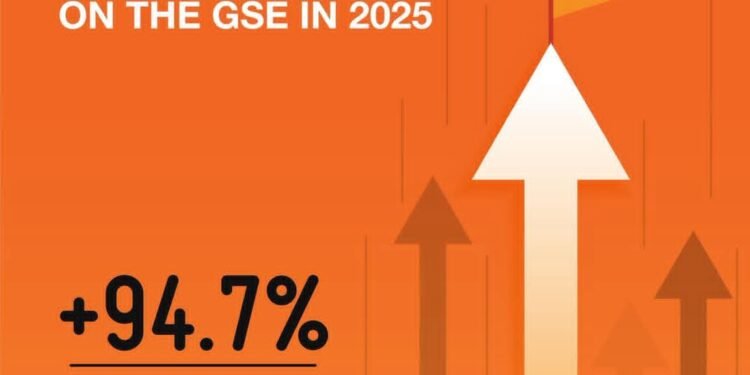The necessity of gatekeepers in the creative arts industry is a topic of ongoing debate. Gatekeepers, typically industry professionals such as agents, publishers, gallery owners, and curators, have historically played a crucial role in filtering and curating artistic content to determine what becomes public and widely recognized.
Gatekeepers act as quality filters, ensuring that only the best works are elevated and presented to wider audiences. They bring expertise, experience, and finely tuned judgment to assess artistic merit, craft, and originality.
In industries with limited resources, such as funding or exhibition opportunities, gatekeepers help distribute these resources efficiently by selecting the most promising or deserving artists or projects.
Gatekeepers often act as mediators between creators and audiences, helping to shape public tastes and preferences. They play a role in determining what is culturally relevant, providing a level of validation and credibility for artists.
However, the necessity of gatekeepers is increasingly being challenged due to the rise of digital platforms and social media. These new avenues have allowed artists to bypass traditional gatekeepers, gain visibility, and connect directly with audiences, leading to the emergence of alternative distribution models.
Critics argue that gatekeepers can be exclusive, perpetuating biases, limiting diverse voices, and favoring established artists or commercially viable content at the expense of emerging talent or unconventional ideas. They believe that by removing gatekeepers, more artists can have their work seen and validated, broadening representation and encouraging greater artistic experimentation.
Additionally, technological advances and digital marketing can help artists build their audiences, making gatekeepers less indispensable.
Popular entertainment pundit, Mr Logic criticized young artists who disregard industry players and gatekeepers.
He emphasized the necessity of gatekeepers in the creative arts industry, stating that isolating oneself from them could negatively affect their career in the long run.
“Some of the young artists coming up are beginning to follow some people in the industry to think that gatekeepers are not important. If you don’t have people like that with you, your career will suffer. And some of these artists who are today making the loudest noise in town used to be there. And it took industry players to bring them back on their feet.
“Now, these people speak anyhow because they are at a point where they think they don’t need them again. So these people are talking anyhow and some of these young people are buying into it.”
Mr Logic
Ultimately, the role of gatekeepers in the creative arts industry is evolving. While they still have a role in maintaining quality, curating content, and guiding audience expectations, the increasing accessibility of creative platforms is challenging the traditional gatekeeping model and opening up new possibilities for artists to find success outside traditional structures.
Talent Not Tied To Character

The belief that an artist’s talent is directly tied to their character is a common misconception. While it is true that an artist’s personal experiences and emotions often influence their work, talent in art is not solely determined by one’s character.
Artistic talent encompasses a combination of skills, creativity, dedication, and technical proficiency. It is a result of practice, learning, and honing one’s craft. While certain traits like being observant, empathetic, or having a unique perspective on the world can enhance an artist’s work, they are not definitive indicators of talent.
Artists, like any other individuals, come in various personalities and character traits. Some are introverted and introspective, while others are extroverted and outgoing. Their character and behavior might inspire their creations, but they don’t determine artistic talent.
The Chief Executive Officer (CEO) of the music platform, Ghana Songs, Bright Dwomoh, firmly believes that talent and character are distinct entities that should not be conflated.
According to him, such misconceptions can be damaging and can hurt the Ghana music industry.
“Such misconceptions could deter investors’ support as they may be worried about the questionable characters of industry players,” Mr. Dwomah warned.
He therefore emphasized the importance of separating an artist’s talent from their behavior, urging the public to judge artists based on their music and performances rather than their offstage actions.
“Talent and character should not be equated, and it is crucial to recognize the distinction between the two,” he said.
It is important to recognize that art is a form of self-expression, and artists often reflect their thoughts, emotions, and experiences through their work.
However, assuming that an artist’s talent or the quality of their art is solely based on their character is erroneous.
READ ALSO: Concerns Heighten over President Akufo-Addo’s Dismissal Powers























